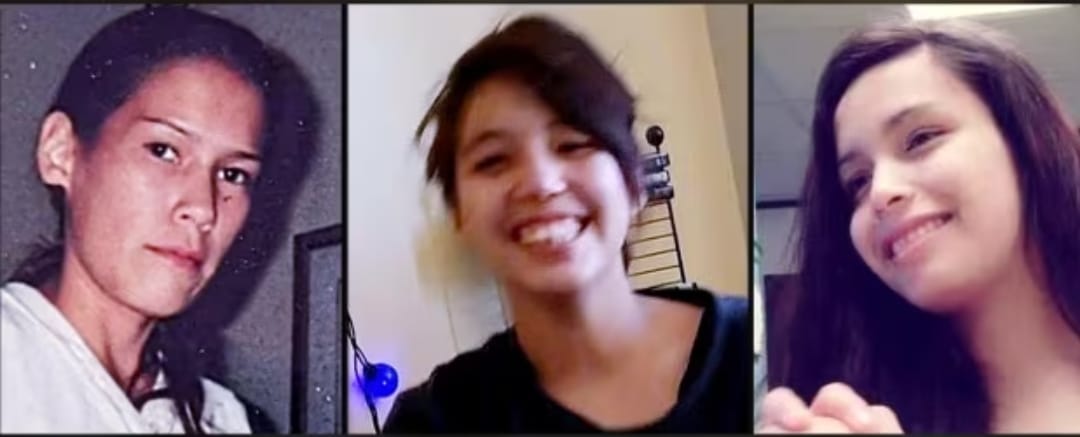A search for the remains of two women, victims of an admitted serial killer, will commence late this fall at a landfill near Winnipeg. Engineers will sift through waste from an area the size of four football fields, announced Amna Mackin, the provincial assistant deputy minister overseeing the operation to locate Morgan Harris, 39, and Marcedes Myran, 26.
During a briefing on Thursday, Mackin shared that several preliminary steps are necessary before the search begins. These include securing necessary licenses, granted last week by the province’s environmental approvals branch, and conducting a test search in another landfill section to prepare searchers.
The remains of Harris and Myran are believed to have been disposed of at the Prairie Green landfill, north of Winnipeg, following their murders by Jeremy Skibicki, 37, who was tried for the first-degree murder of four Indigenous women earlier this month.
Premier Wab Kinew emphasized the importance of the search, stating it reflects Manitoba’s commitment to valuing every individual. “To me, this is about sending a message to everyone in Manitoba that you matter. That every single person in this province has dignity and that when somebody goes missing, we go looking because we care. We care about one another in this province,” Kinew stated at the briefing.
In a 2022 police interview, Skibicki confessed to killing Harris, Myran, Rebecca Contois, 24, and an unidentified woman named Mashkode Bizhiki’ikwe, or Buffalo Woman, by community leaders. Contois’s partial remains were found near Skibicki’s apartment and at another landfill, while the unidentified woman’s remains have not been located.
During his trial, Skibicki’s defense argued he should be found not criminally responsible due to a mental disorder. The judge’s decision is expected on July 11.
The designated search area at Prairie Green landfill includes three sections totaling about 100 by 200 meters and reaching a depth of approximately 10 meters, Mackin explained.
Before the search can begin, an engineering assessment will help pinpoint a more specific area, and the waste above the believed location of the remains will be removed. Once the search begins, likely later this year, waste will be excavated and transported to a nearby temporary search facility. There, it will be spread out using skid steers and manually inspected by search teams.
Although an earlier feasibility study suggested using a conveyor belt for debris, Kinew indicated that manual searching would be more effective, considering the wet conditions of the landfill waste. Search teams, working in groups of about 12, will meticulously sift through the debris with tools, looking for any clues that might indicate they are close to the remains.
The search operation will be led by Emily Holland, a forensic anthropologist from Brandon University who previously contributed to the feasibility study. The exact number of staff required remains uncertain, depending on the number of search lines set up within the temporary facility. The search, expected to continue through the winter, will be conducted in a heated facility.
Some extended family members of the victims have shown interest in joining the search efforts, which may be possible with significant health and safety training due to hazards like asbestos exposure.
If initial efforts do not yield results, further discussions will determine next steps, which could involve deeper digging or re-examining the removed waste. An oversight committee, including family representatives and Indigenous elders and leaders, has been proposed to guide the search.
Kinew acknowledged the uncertainty of finding the women’s remains but stressed the importance of having protocols and discussions with families about what constitutes finding their loved ones. During Skibicki’s trial, it was revealed that he had dismembered one of the women.
The parties will reconvene on August 1 for an update on the interim search plan and the progress of Bill C-71, with the court making a final decision on the extension to December 19.
Source: CBC


